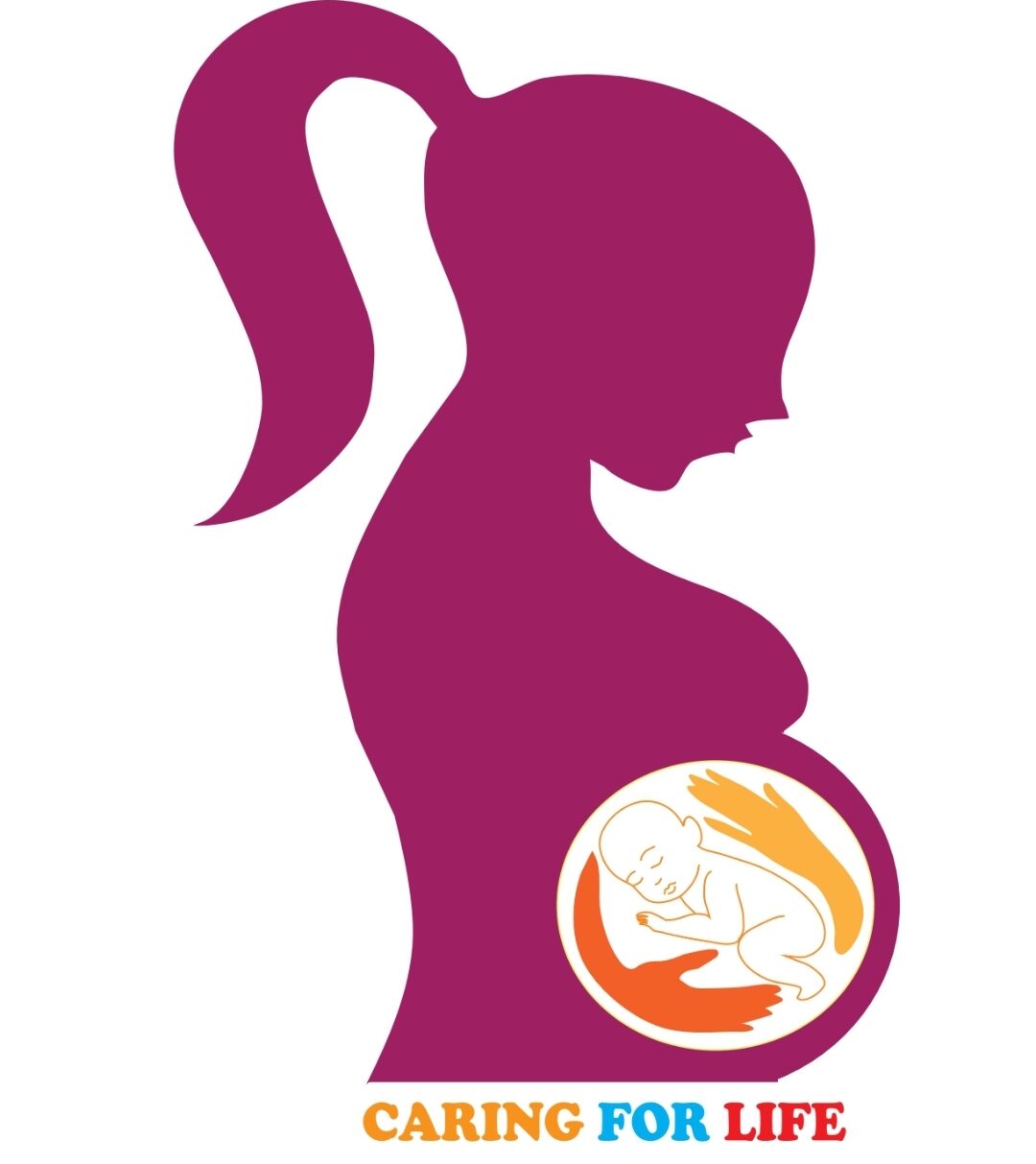
Hormones are the body’s chemical messengers, playing a crucial role in regulating everything from metabolism and mood to reproductive health. When these hormones fall out of balance, women may experience a range of symptoms that can disrupt their daily lives. Understanding hormonal imbalance—its causes, symptoms, and treatment options—can empower women to take control of their health and well-being.
If you’re in Pune and struggling with unexplained symptoms like fatigue, mood swings, or irregular periods, this blog will guide you through what hormonal imbalance is, how it affects your body, and when to seek expert care.
What is Hormonal Imbalance?
Hormonal imbalance occurs when there’s too much or too little of a specific hormone in the bloodstream. Even small fluctuations can have a significant impact, as hormones regulate critical bodily functions. For women, hormonal imbalances can affect menstrual cycles, mood, energy levels, and even skin health.
Common Causes of Hormonal Imbalance in Women
Several factors can disrupt hormonal balance, including:
- Polycystic Ovary Syndrome (PCOS): A common endocrine disorder that causes irregular periods, excessive hair growth, and infertility.
- Menopause: The natural decline in reproductive hormones, leading to symptoms like hot flashes, mood swings, and sleep disturbances.
- Pregnancy and Postpartum Changes: Hormonal shifts during and after pregnancy can cause fatigue, mood changes, and hair loss.
- Thyroid Disorders: Conditions like hypothyroidism and hyperthyroidism can disrupt hormone production, affecting metabolism and energy levels.
- Chronic Stress: High cortisol levels from stress can lead to weight gain, anxiety, and menstrual irregularities.
- Poor Diet and Lifestyle: Unhealthy eating habits, lack of exercise, and inadequate sleep can negatively impact hormone production.
- Medications and Birth Control: Certain medications, including hormonal contraceptives, can alter the body’s natural hormone balance.
Symptoms of Hormonal Imbalance
Hormonal imbalance can manifest in various ways, depending on which hormones are affected. Common symptoms include:
- Irregular or missed periods
- Unexplained weight gain or loss
- Mood swings, anxiety, or depression
- Fatigue and low energy levels
- Hair thinning or excessive hair growth
- Sleep disturbances
- Acne and skin issues
- Low libido
- Digestive problems
If you’re experiencing any of these symptoms persistently, it’s important to consult a healthcare professional for a proper diagnosis.
Diagnosing Hormonal Imbalance
If you suspect a hormonal imbalance, a gynecologist or endocrinologist can help. Diagnosis typically involves:
- Medical History Review: Assessing symptoms, lifestyle, and family history.
- Blood Tests: Measuring levels of hormones like estrogen, progesterone, testosterone, thyroid hormones, and insulin.
- Ultrasound or Imaging: Detecting issues like ovarian cysts, fibroids, or thyroid abnormalities.
- Saliva or Urine Tests: Occasionally used for specific hormone assessments.
Treatment and Management of Hormonal Imbalance
The treatment for hormonal imbalance depends on its underlying cause. Here are some common approaches:
1. Lifestyle and Dietary Changes
- Eat a balanced diet rich in whole foods, fiber, and healthy fats.
- Reduce sugar and processed foods that can spike insulin levels.
- Engage in regular physical activity to support hormone regulation.
- Manage stress through yoga, meditation, or relaxation techniques.
- Ensure adequate sleep for proper hormonal function.
2. Medications and Therapies
- Hormone Replacement Therapy (HRT): Often used to manage menopause symptoms.
- Birth Control Pills: Help regulate menstrual cycles and hormonal fluctuations.
- Thyroid Medications: Balance thyroid hormone levels.
- Insulin-sensitizing Drugs: Used for conditions like PCOS and diabetes.
3. Natural Remedies
- Herbal supplements like maca root, ashwagandha, and evening primrose oil.
- Acupuncture and alternative therapies to promote hormonal balance.
When to See a Doctor
If your symptoms are interfering with your daily life, it’s time to seek professional help. Hormonal imbalances can often be managed effectively with the right diagnosis and treatment.
For women in Pune, Dr. Gauri Jagdale at Vedant Clinic, Keshav Nagar, specializes in diagnosing and treating hormonal imbalances. With personalized care and expert guidance, Dr. Jagdale can help you restore balance and improve your overall health.
Conclusion
Hormonal balance is essential for overall well-being. By understanding the causes, symptoms, and treatment options, women can take proactive steps toward maintaining their hormonal health. If you’re experiencing signs of imbalance, don’t wait—consult a specialist to address the issue before it impacts your quality of life.
For expert care in Pune, visit Dr. Gauri Jagdale at Vedant Clinic, Keshav Nagar. Book your consultation today and take the first step toward a healthier, balanced life.
Book Your Consultation Today!



